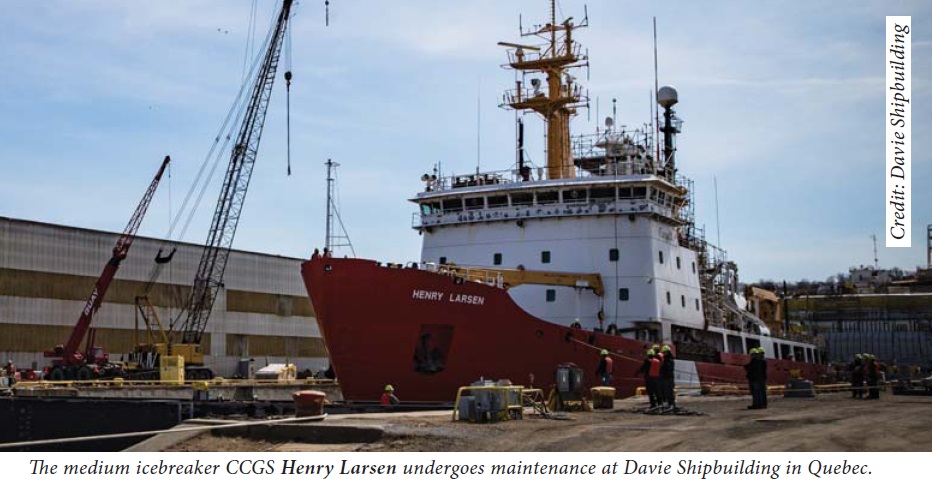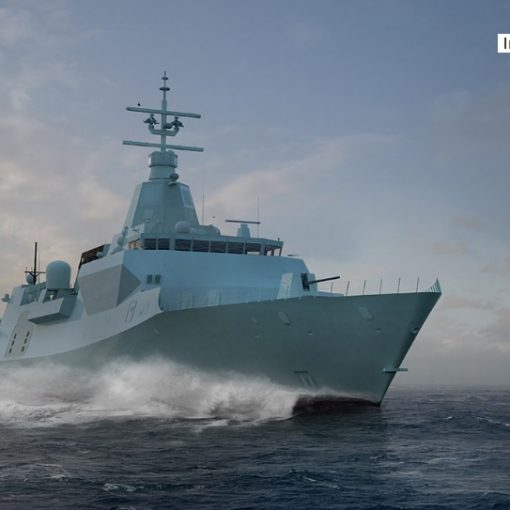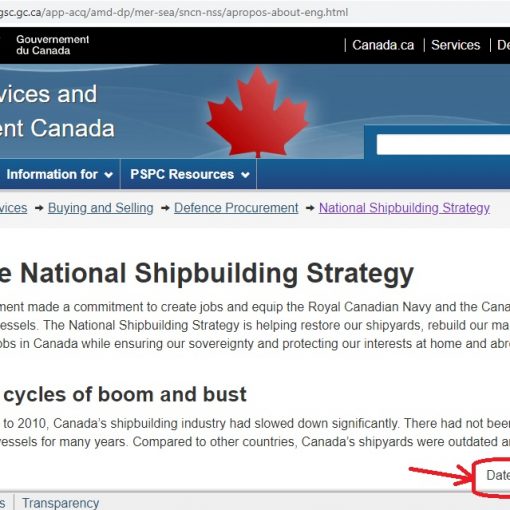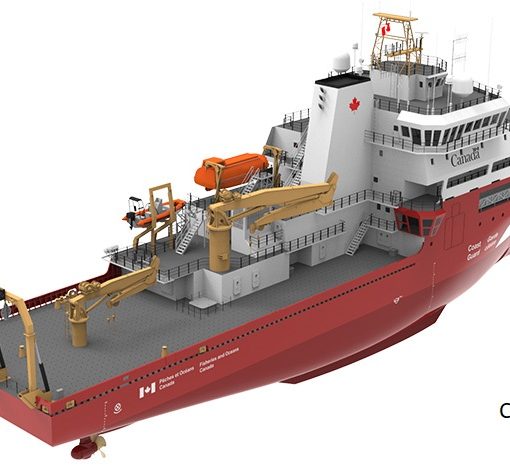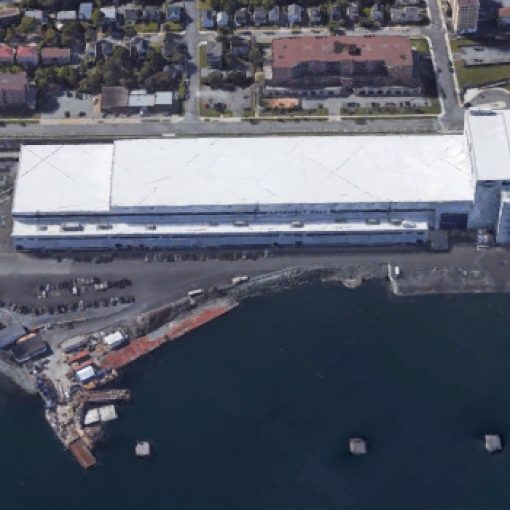Procrustes, 16 June 2020.
Can the National Shipbuilding Strategy (NSS) stand a ‘mini-bust’ without the load-leveling principle wholly unraveling? That is, if skilled workers have to be laid off at Irving, Seaspan, and perhaps now Davie, for a significant period of time, can they be recalled in time to restart NSS Phase 2, or will the government of the day have to begin the whole process all over again?
Let us start with David Perry’s interesting suggestion that there was always going to be a ‘bust’ phase in the NSS once the current production programs are completed.[1]
What Perry is implying here is twofold: first, there will likely be no immediate orders from Ottawa for follow-on government ships; and, second, there will no immediate orders for ships from foreign customers.
The first of these implications is borne out by Canadian experience. Irving may be counting on more government orders from Ottawa after the first 25 year building phase is over.[2] But there is little reason for optimism in this regard. To date, there has been no indication that Ottawa plans follow-on orders for naval ships, such as submarines, nor is there much likelihood that Ottawa will earmark funds for new warships. Indeed, insiders do not know where DND will find money to keep its existing Halifax-class frigates operating into the early 2040s until they are fully replaced by the new Canadian Surface Combatants (CSCs). Put starkly, the Canadian government prefers to operate its warships until they are no longer seaworthy, rather than replace them in a timely fashion.
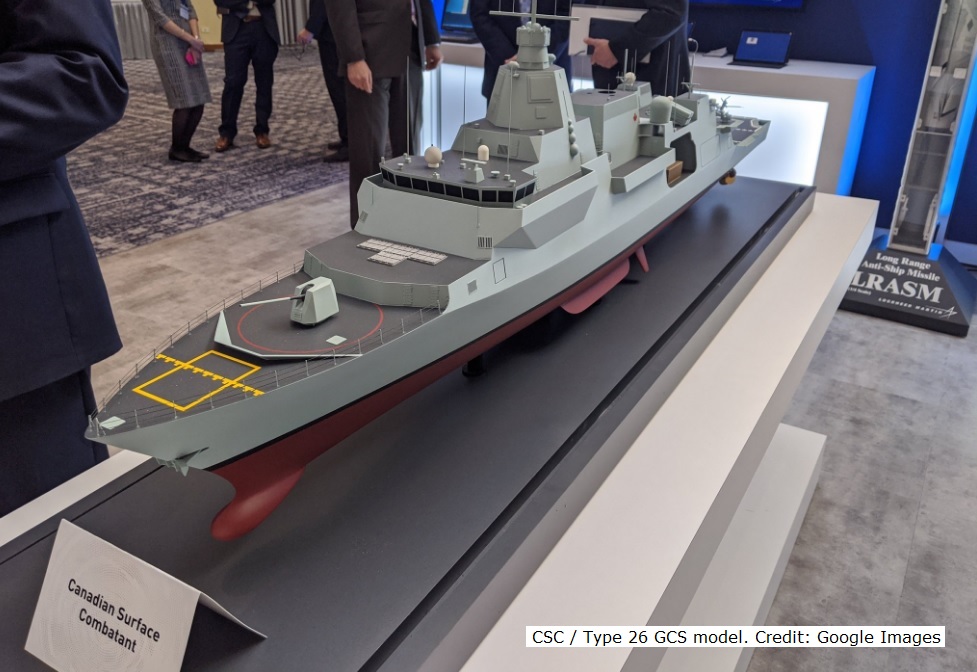
The prospects for an early replacement of Canadian Coast Guard (CCG) icebreakers and fisheries science and patrol vessels is, frankly, even more dismal. Many previous parliamentary studies have repeatedly shown that Ottawa will operate these classes well beyond their planned operational lifetimes. Currently, the average life of CCG icebreakers exceeds 30 years, and some are much older than that.
If history is an accurate guide, we can expect that federal politicians will convince themselves that, once the current tranche of some 50-plus ships has been delivered, shipbuilding has been taken care of and their appetite for another round of very costly programs will be satiated.
There is another option. Irving might be able to sell license rights to foreign states to build AOPS-like or CSC-like ships in their own shipyards, but that will do little to keep Irving’s Canadian-based workers busy.
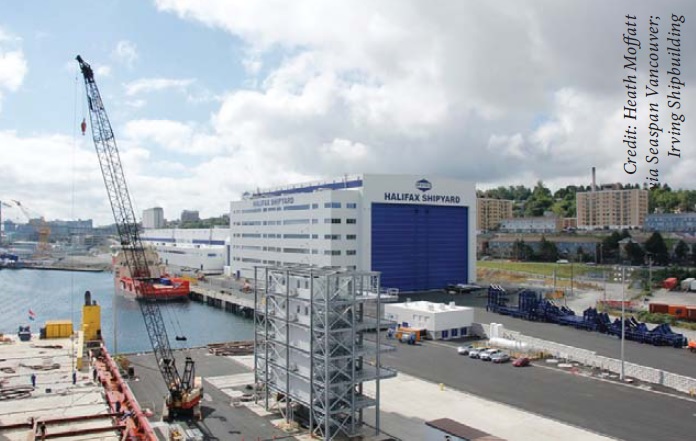
In his testimony to the Commons National Defence Committee in 2017, Irving Shipyard’s President, Kevin McCoy advocated a more ‘holistic’ approach to the NSS, one which would allow maintenance contracts to supplement the regular shipbuilding contracts to shield the yards against the inevitable short-term lulls in construction workload.[3] This broadened strategy would help maintain workers at the shipyards, and would have the added virtue of not interfering with regular production because, in Irving’s case, its repair, overhaul and maintenance facilities are separate from the main fabrication and assembly buildings.
This wider perspective also helps to explain why Irving so aggressively pursued additional contracts not only for converting ships into maritime supply vessels, but also for maintenance contracts for AOPS and for several Halifax-class frigates. Irving lost out on the first, and had to settle for a three-way split with two other shipyards on the $7 billion maintenance contract.
However, the age-old spectre of regional politics in Canada, especially as it pertains to shipbuilding, thus far appears to have ruled out any realistic chance of concentrating repair and maintenance contracts at the two major NSS shipyards, let alone solely at Irving.
In our next post, we will turn to the second aspect of Perry’s argument, the prospect of export sales under the NSS.
References
- David Perry, “The First Decade of the NSS,” Canadian Naval Review, Vol. 16, No. 1 (2020), p. 38.
- Nova Scotia House of Assembly, Committee on Economic Development, Hansard, testimony of Mr. Scott Jamieson, Vice-President, Programs, Irving Shipbuilding Inc., 4 June 2015, p. 29.
- Mr. Kevin McCoy, President, Irving Shipbuilding Inc., testimony to the House of Commons, Standing Committee on National Defence, NDDN No. 35, 2 February 2017, p. 3.

